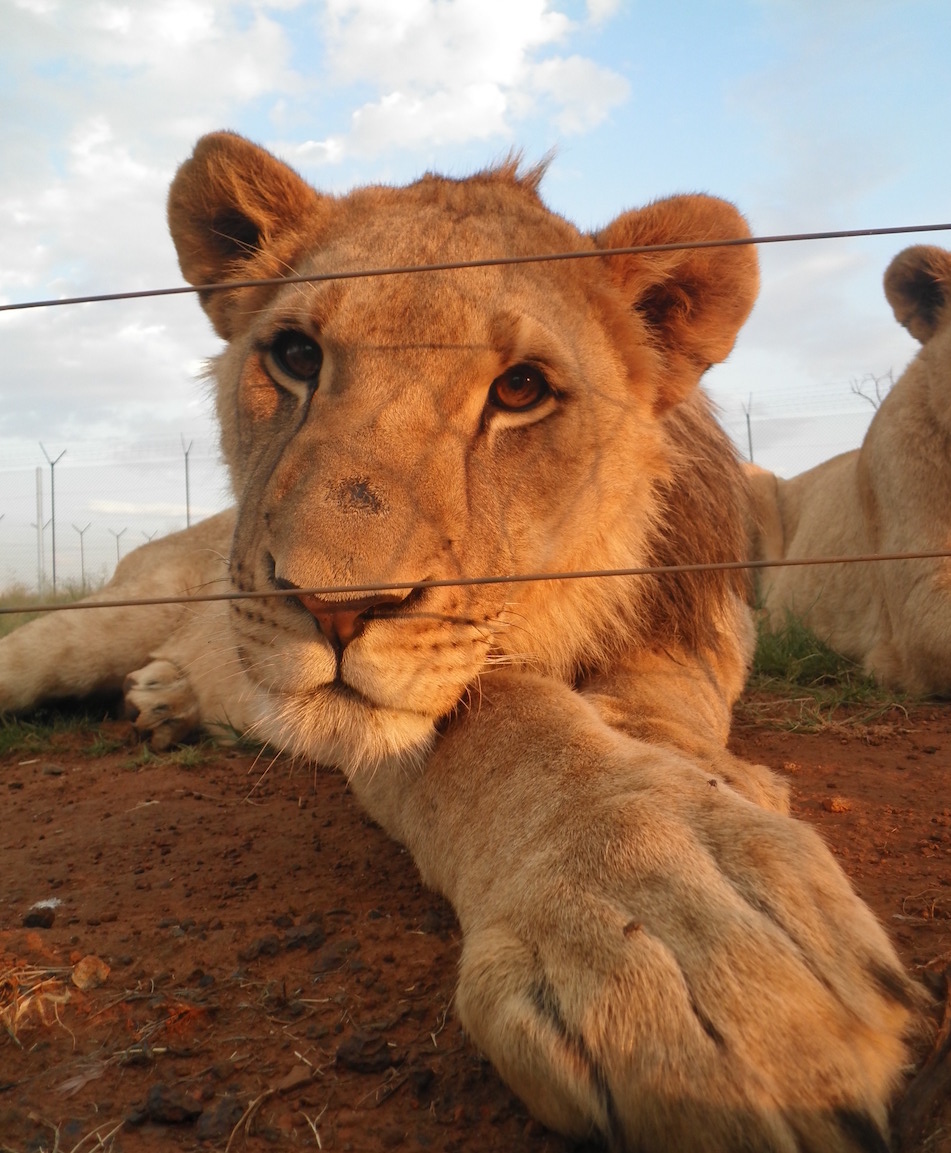Experts are urging China to quickly set a date for a crucial global meeting before more of the planet’s biodiversity is lost.
Conservationists and researchers warn that any further delay in convening the Convention on Biological Diversity (CBD) 15th Conference of Parties (COP15) will reverse international efforts to save the plants, animals and microbes that secure human survival.
Update: COP-15 has been scheduled for Dec. 5-17 in Montreal.
The CBD is seen by many as the best chance for the world to deliver a good deal for nature. Similar in significance to the 2015 Paris Climate Agreement, the CBD is increasingly critical as climate change, land and sea use change, pollution and invasive species are driving biodiversity loss, according to scientists.
The meeting is expected to deliver a blueprint for the next 10 years of work by establishing the post-2020 Global Biodiversity Framework (GBF).
Scientists say there’s no time to wait as some 1 million animal and plant species are threatened with extinction, many within decades, according to the 2019 Global Assessment Report on Biodiversity and Ecosystems Services.
The 196 member-COP meets every two years to review progress, set priorities and commit to work plans in the protection of global biodiversity. China — one of the 17 mega-biodiversity countries in the world, with nearly 10 percent of all plant species on Earth — is the current president of the COP.
By announcing a firm date for COP, China will send a signal to the world that ending the extinction crisis is an urgent priority, said Brian O’Donnell, who leads the Campaign for Nature, an international partnership of the Wyss Campaign for Nature and the National Geographic Society. It champions the ambitious, science-driven, global goal of protecting at least 30 percent of the planet by 2030. This is a target to be agreed on at the 15th COP to the CBD.
Zakri Abdul Hamid, founding chair of IPBES and one of the original negotiators of the Convention on Biological Diversity, said any further delay in the convening of COP15 will be a serious step backward since the destruction of nature continues unabated.
Hailemariam Desalegn, former Prime Minister of Ethiopia, is also deeply concerned at the prospect of COP15 being further delayed, noting the small window to achieve the new Global Biodiversity Framework.
“The simple truth is that time is running out,” Desalegn said. “This cannot be put on the back burner any longer. Our ecosystems, communities and their livelihoods depend on it.”

The world’s specialized international bodies and governments have not met the goals set in the past to address the most pressing drivers of biodiversity loss and climate change, observed Pablo Orozco, global policy lead for the Alliance for Science. Therefore, the Global Biodiversity Framework is a rare chance to map out a new plan of action for the coming decade that encourages innovation.
“It is an opportunity for countries to rally around the right goals and targets to curtail biodiversity loss,” Orozco said, adding that COP15 is important because Parties can approve a GBF that encourages and promotes research and development and the use of science for solutions.
One of three Rio Conventions, the CBD is legally binding and the single most important treaty to protect nature. It came into effect in 1993 with the goals of conserving biodiversity and ensuring both the sustainable use of biodiversity and the fair and equitable sharing of the benefits arising from the use of genetic resources.
The framework’s objective is “to reverse the current loss of biodiversity and ensure that biodiversity is put on a path to recovery by 2030 at the latest, towards the full realization of the 2050 Vision of Living in Harmony with Nature.” The first draft of the post 2020 Global Biodiversity Framework presents four long-term goals and 21 targets for 2050.
“Getting an ambitious agreement to conserve the world’s biodiversity, urgently transition away from nature-destroying activities and support the people and communities doing the work on the ground is critical to ensure the planet’s health — now and in the future,” O’Donnell added.
Noting the complexity of the CBD negotiations, Orozco opined that there are many interests at play in these international discussions. He also commented on tensions around allowing innovations to help achieve the convention’s objectives of the convention, adding that target 17 of the GBF pertains to biotechnology.
“We cannot walk away from innovative solutions that can help in halting biodiversity loss and mitigating the effects of climate change,” he said. “We need to embrace innovation when it is built on safe research and has proven benefits. This is especially true for biotechnology. It is time to recognize it after 30 years of the Convention, 25 years of safe use of products resulting from biotechnology.”
Image: Plant species are an important part of biodiversity. Photo: Busani Bafana
